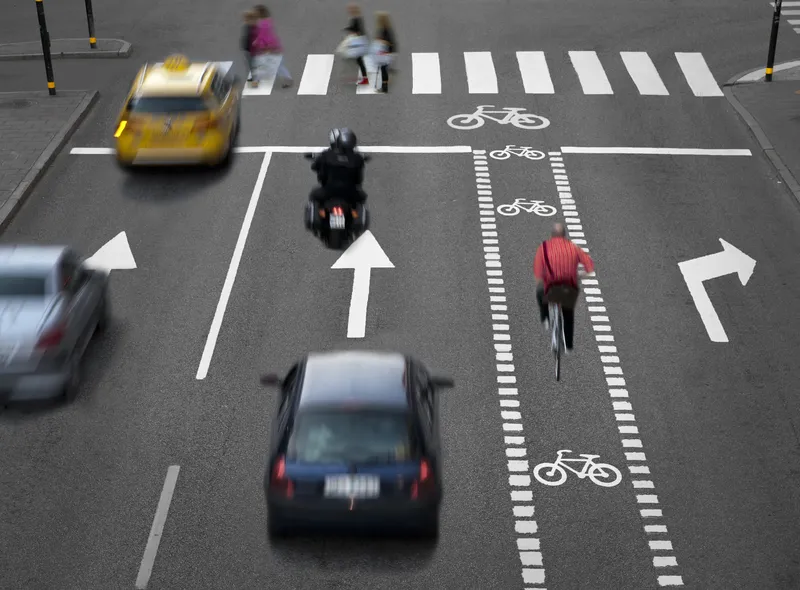Peter Saleh, road safety expert at the AIT Center for Mobility Systems, says: “Our aim is to give those who operate roads the precise information they need in order to reduce the danger in these areas efficiently, sustainably and cost-effectively.”
The motorbike, a KTM 1290 Super Adventure, was equipped with high precision sensors and video systems. The side cases were packed with recording technology which documented the condition of the bike.
Test drives gathered data on vehicle dynamics, trajectory and routing. This was augmented with weather, traffic volume and route environment and then analysed through machine learning to reveal road sections which pose a risk for motorcyclists.
According to Saleh, every road section which was classed as dangerous - after being driven along and analysed - had been the site of serious accidents in the past.
“The AIT/TU Wien research team is therefore in a position to anticipate future accident trends and can assess motorcycle safety on a scientific basis, even before anything has happened,” Saleh adds.
Motorbike safety can be measured objectively, says AIT
The Austrian Institute of Technology (AIT) and TU Wien (Vienna University of Technology) has developed a motorcycle probe vehicle to better understand the causes of motorbike accidents. The vehicle was deployed as a measurement method to evaluate popular motorcycle routes in Austria’s capital.
Peter Saleh, road safety expert at the AIT Center for Mobility Systems, says: “Our aim is to give those who operate roads the precise information they need in order to reduce the danger in these areas efficiently,
August 30, 2018
Read time: 2 mins
The 6625 Austrian Institute of Technology (AIT) and TU Wien (Vienna University of Technology) has developed a motorcycle probe vehicle to better understand the causes of motorbike accidents. The vehicle was deployed as a measurement method to evaluate popular motorcycle routes in Austria’s capital.









